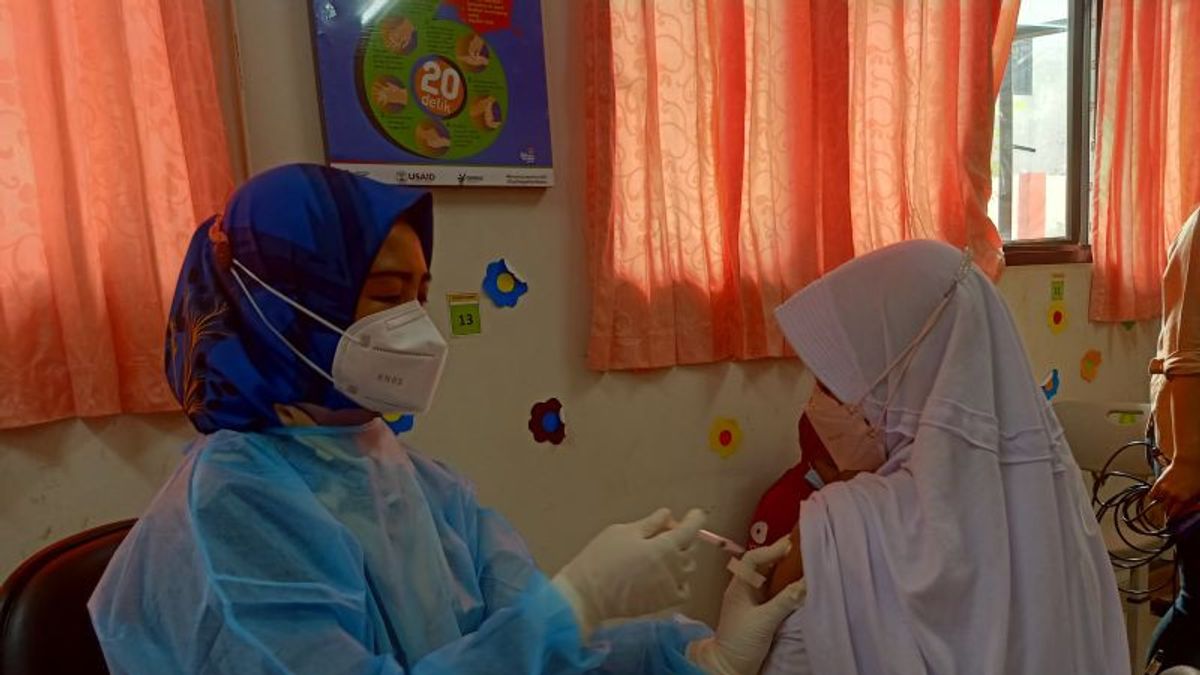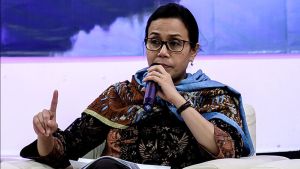JAKARTA – The rise of vaccinations in various countries, including in Indonesia, is considered to make the handling of the COVID-19 pandemic in 2022 more controlled. This was confirmed by a health science expert from the Faculty of Medicine, University of Indonesia (FKUI) Prof. Tjandra Yoga Aditama.
He is also optimistic that the COVID-19 pandemic in 2022 will not be as violent as previous years. This is due to the fact that there are already quite a lot of vaccinations, although not 100% evenly distributed.
"There will be more people on earth and also us in Indonesia who have or will receive the COVID-19 vaccination this year, although of course it is not completely evenly distributed throughout the world," said Tjandra Yoga Aditama in a written statement received by Antara in Jakarta, Friday, December 3. night.
The former Director of WHO Southeast Asia said the World Health Organization (WHO) targets that by mid-2022 all countries have vaccinated at least 70 percent of their population. "For Indonesia, the coverage figure will be more than that," he said.
According to Tjandra, adequate vaccination coupled with the implementation of health protocols will be effective in reducing the possibility of contracting or at least reducing the possibility of falling seriously ill and dying.
In addition, vaccination will also reduce virus transmission in the community so that the epidemiological situation within the country and between countries can be more controlled. "With the limited transmission in the community, then we can hope that the possibility of new mutations can be smaller," he said.
The Postgraduate Director of YARSI University hopes that there will be more variants of oral COVID-19 drugs that can be used by 2022, for example Merck's Molnupiravir and Pfizer's Paxlovid, some of which are being marketed in Indonesia.
"Throughout 2022, these two drugs will certainly be more widely produced and used in the world. In addition, we can hope that there will be more COVID-19 drugs that may also be found and used in the world, both injections and oral ones," he said.
Tjandra said starting this year there will be a new type of vaccine that is easier to use, without injections. For example in the form of inhalation or oral and others. "Research has started and indeed until the end of 2021 no products have been completed, but we can hope that there will be a final product in 2022," he said.
In addition, said Tjandra, there will be vaccines with better efficacy based on modifications or new platform technologies. Another of Tjandra's optimism is an easier way of diagnosing disease according to the development of existing diagnostic technology.
"At least it is hoped that there will be a sampling method that is more convenient for us and various diagnostic tools that can be used at home will also begin to be used in many countries, hopefully later they will also be available in our country," he said.
Based on the experience of severe challenges in 2020 and 2021, said Tjandra, it is hoped that the world can increase collaboration in maintaining world health in 2022. In this case, Indonesia, which holds the G20 Presidency, clearly has a very big role, to lead the restructuring of the global health architecture.
"We have a long experience in international health diplomacy and of course this will give an important role for world health and will bring the name of the nation and state," he said.
The English, Chinese, Japanese, Arabic, and French versions are automatically generated by the AI. So there may still be inaccuracies in translating, please always see Indonesian as our main language. (system supported by DigitalSiber.id)













